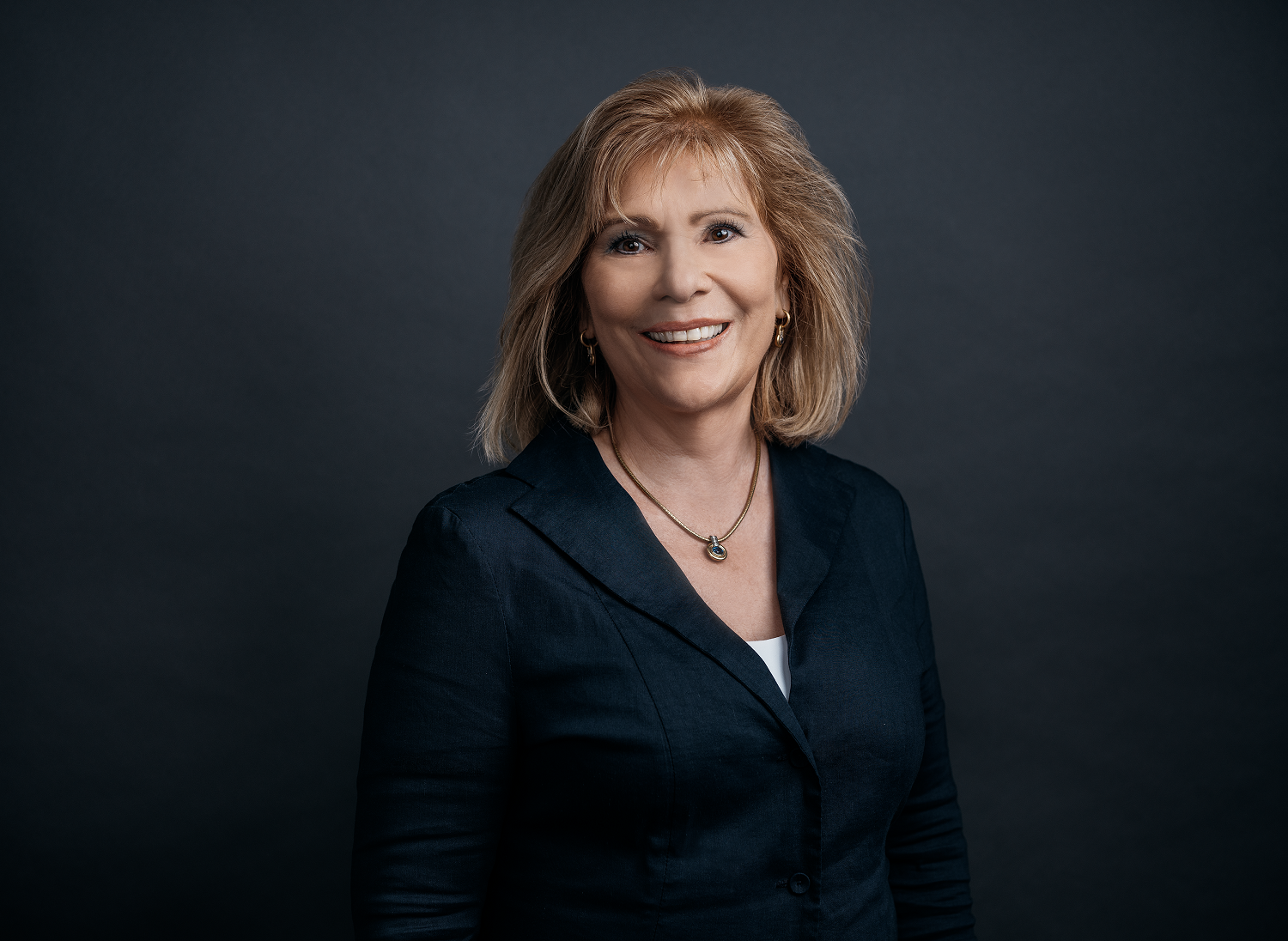President's Letter
Dear Members:
Before beginning this letter, I hope you’ll forgive a little public service announcement: If you have not already done so, please participate in our important member survey currently in the field. It is titled “Your Practice, Your Plans: Tell Us How You Are Doing.” This is important information to guide the Board in the weeks and months ahead. You may access the survey here. I would really like to engage as many members as possible in this exercise, so we are extending the survey closing date to Friday, July 3 at midnight.
Now for the main subject of this letter.
As physicians, we take the privilege of practicing medicine and our responsibility to our patients seriously. We also understand our ethical responsibility to speak up if situations arise that endanger quality care or access for our patients. We are not only stewards of health care, but function as part of an early warning system to protect the public. This is our social contract. It exists with our patients, both individually and collectively.
The Canada Health Act clearly states that provinces are required to support a health care system that meets the principles of accessibility, comprehensiveness, universality and portability. It must provide for reasonable compensation for all insured health services rendered by medical practitioners.
Under the Act, when extra billing is not allowed, reasonable compensation is defined by a negotiated agreement with the medical practitioners. The agreement is to provide for negotiations relating to compensation for insured health services between the province and, in our case, the AMA. There is also a requirement for settlement of disputes relating to compensation, which is at the discretion of the provincial organization: conciliation or binding arbitration that has an independent chair.
As Canada Day approaches where do we stand?
Physicians do not have the right to strike; they cannot set a market price for their services. While most of us operate as businesses, we are supported primarily by prices determined by government.
Currently in Alberta, we are without a negotiated contract, without a dispute resolution mechanism or access to binding arbitration. Physicians’ rights have been violated in Alberta. This is the basis of our current law suit, which is a constitutional challenge.
But, we still have freedom of speech.
We have situations developing in health care that threaten access to patient care, quality of care and the sustainability of the system. Physicians, as part of our social contract, have a responsibility to speak out to protect the public.
Typically, these concerns would be addressed through collaborative relationships based on “Just Culture” principles and proactive environments through which the voice of Alberta physicians - the AMA - could effectively work to resolution. If those collaborative methods or a good process to resolve issues are not available, how are we to fulfill our obligations to patients, our families and ourselves?
Today we met with the College of Physicians & Surgeons of Alberta over concern about a recently released updated advice to the profession (ATP) document regarding job action. To be clear, the College notes that the objective of the ATP is to provide a perspective when making decisions about our practices and that this advice is neither a standard of practice nor legal advice.
That being said, there is an onus on the system to support physicians to meet the service needs of their communities. That support is an appropriate counterbalance, enabling physicians to meet their professional requirements. Failing that support, physicians may find themselves in untenable situations. The ATP does not speak to this need for balance, but one way or the other, it must be addressed. To protect the public and support quality care, physician health and wellness and a healthy work environment must be paramount considerations.
We understand the unique position of physicians. In exchange for self-regulation, we honor our professional ethics and responsibilities. We accept that there are many restrictions placed upon us by the regulatory body and through legislation. As well, Alberta Health Services of operational necessity through privileging and our bylaws exercises certain controls on practice. These controls must be balanced with the rights of physicians. The system has a responsibility to uphold this balance.
At this time, Alberta physicians and their practices are under pressure and many are compelled to contemplate changes to their work, often resulting in moral distress. Transparency about these contemplated changes is important for all involved. But physicians have every right to change their practices, to move or to change their minds if need be. Our goal as a system needs to address the underlying root cause and act to support positive change.
Difficult as it may be to address, accountability for the break down in the functionality of our health care system cannot be borne solely by physicians. This is an unbalanced and unsustainable approach.
Physicians accept the rigorous standards of our profession, but we all have a role in calling for the requisite healthy working environments that allow the profession and patient care to thrive. It is undisputed that healthy work environments improve productivity, reduce costs and increase quality, communication, collaboration, decision making, authentic leadership, value and recognition. These are outcomes that are coveted in a high-performing health care system and need to be supported.
Through the AMA’s Healthy Working Environment initiative, the AMA has been calling for establishment of a fair and transparent process by which conflicts and other issues between the parties can be productively resolved. We believe that the time has now come to establish an independent office where physicians can report concerns, safe from reprisal, and actions for positive change can be employed.
It is long past the time that physician’s rights in Alberta be restored.
In your service,
Christine P. Molnar, MD, FRCPC
President, Alberta Medical Association
The power to question is the basis of all human progress.
